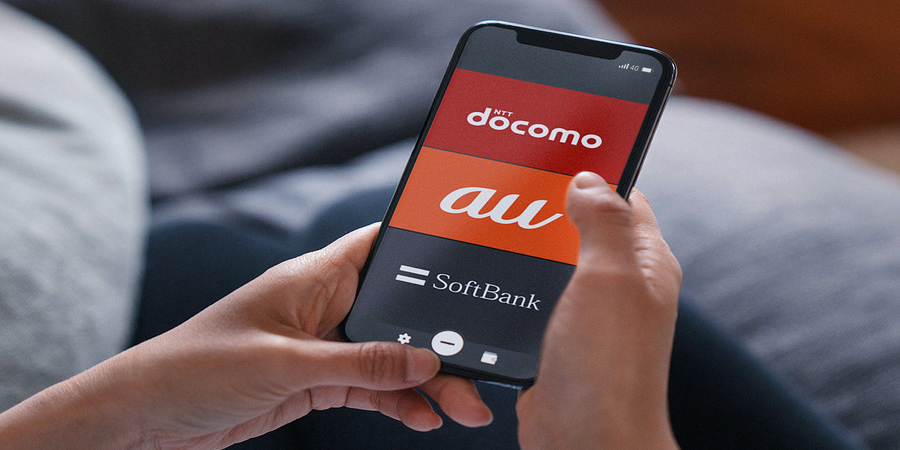TOKYO – The Japanese government unveiled Tuesday an action plan to spur competition among telecom firms in order to realize Prime Minister Yoshihide Suga’s push to lower domestic mobile phone fees, which are said to be high compared with other countries.
Mobile carriers in Japan have been criticized for locking consumers into contracts that include complicated fee systems and make it difficult to switch to competitors.
Under the action plan, the Ministry of Internal Affairs and Communications will set up a website within the year explaining the potential merits of switching carriers and offering guidance on how to do so.
The country’s three biggest telecom firms — NTT Docomo, KDDI and SoftBank — will also be pushed to let smaller competitors rent their networks at a lower rate.
Read also – Thai Union and different traders pile into Asia food tech startups
“We will carry (the plan) out with a sense of urgency,” communications minister Ryota Takeda said at a press conference. “We are confident this will bring fees more in line with international standards.”
Lowering mobile phone fees has been one of Suga’s pet causes since before he took office last month. He said in an August 2018 speech as chief cabinet secretary that mobile carriers in Japan were charging much more than overseas counterparts and that fees could be brought down by around 40 percent.
Under the plan, the ministry looks to promote the use of eSIMs, or SIM cards that are directly embedded into devices and can be provisioned remotely. Detailed guidelines for how it will do so are to be drawn up by next summer.
Read also – Japan’s handmade item C2C startup Creema files for IPO
The ministry is also considering allowing users to continue using the email address they were issued by mobile carriers even after switching over, similar to the portability already available for phone numbers.
From next fiscal year starting April, mobile carriers should not charge consumers a 3,000 yen fee to continue using the same phone number even after switching to a competitor if the application for the portability is made online, according to the ministry.
Suga’s efforts to bring down mobile phone fees have so far yielded limited results. In October last year, a legal revision came into effect banning mobile carriers from charging high data fees in exchange for subsidizing device purchases.



